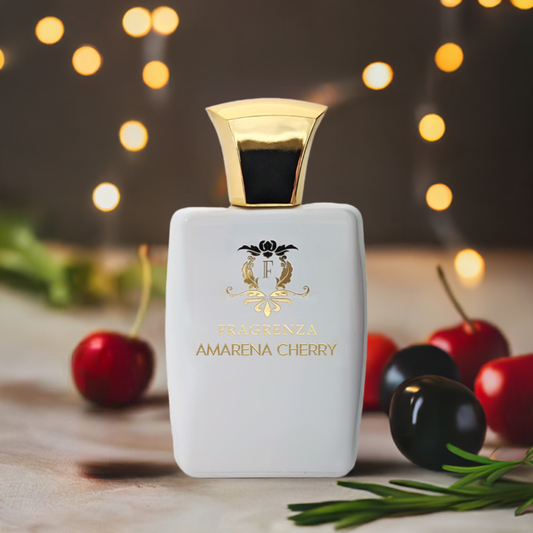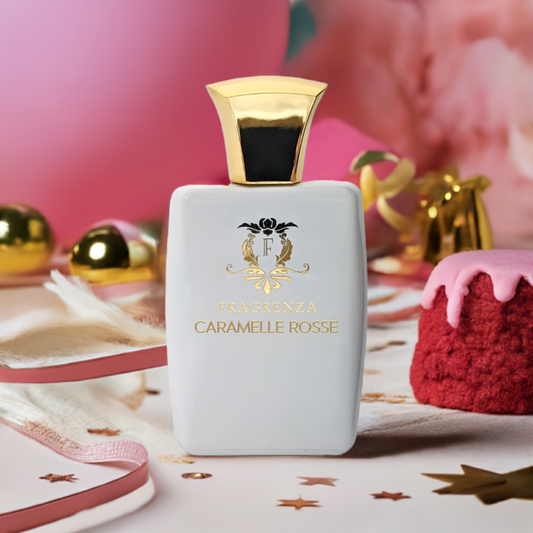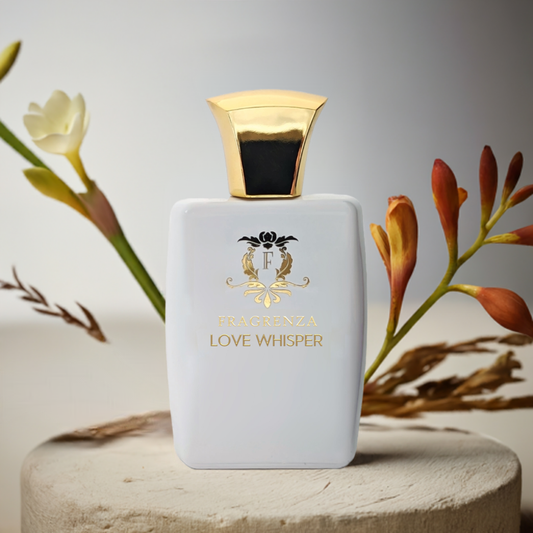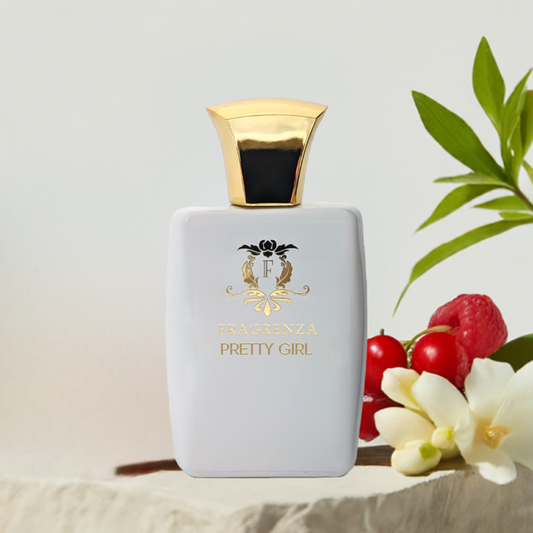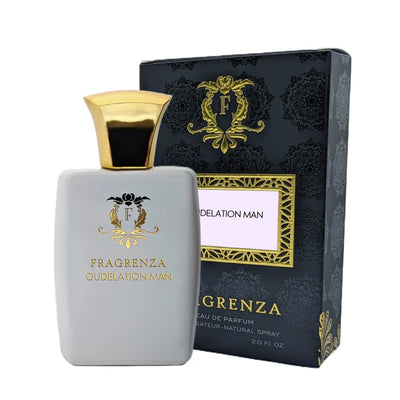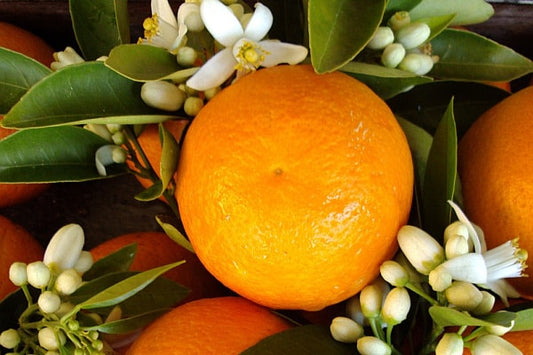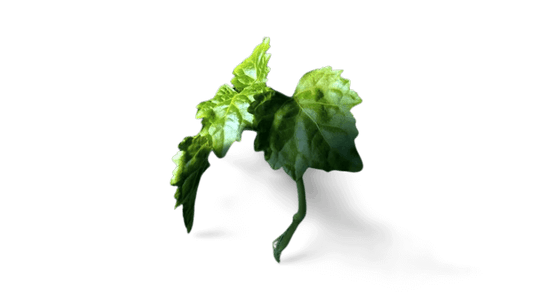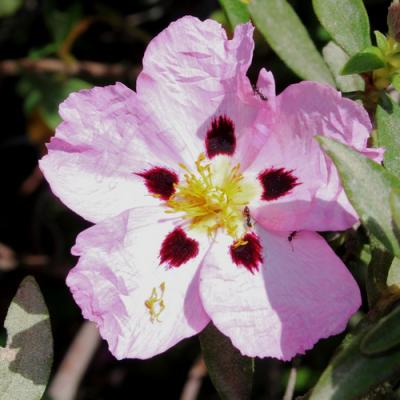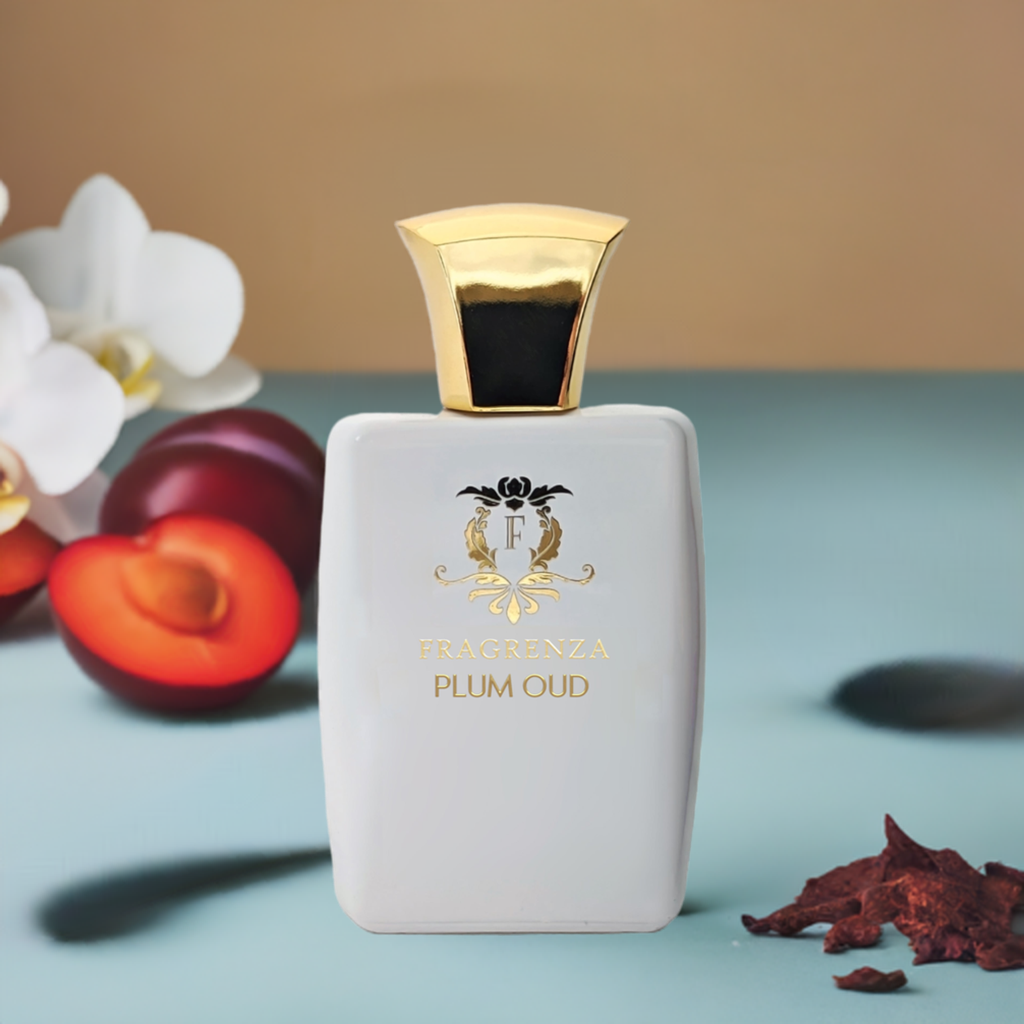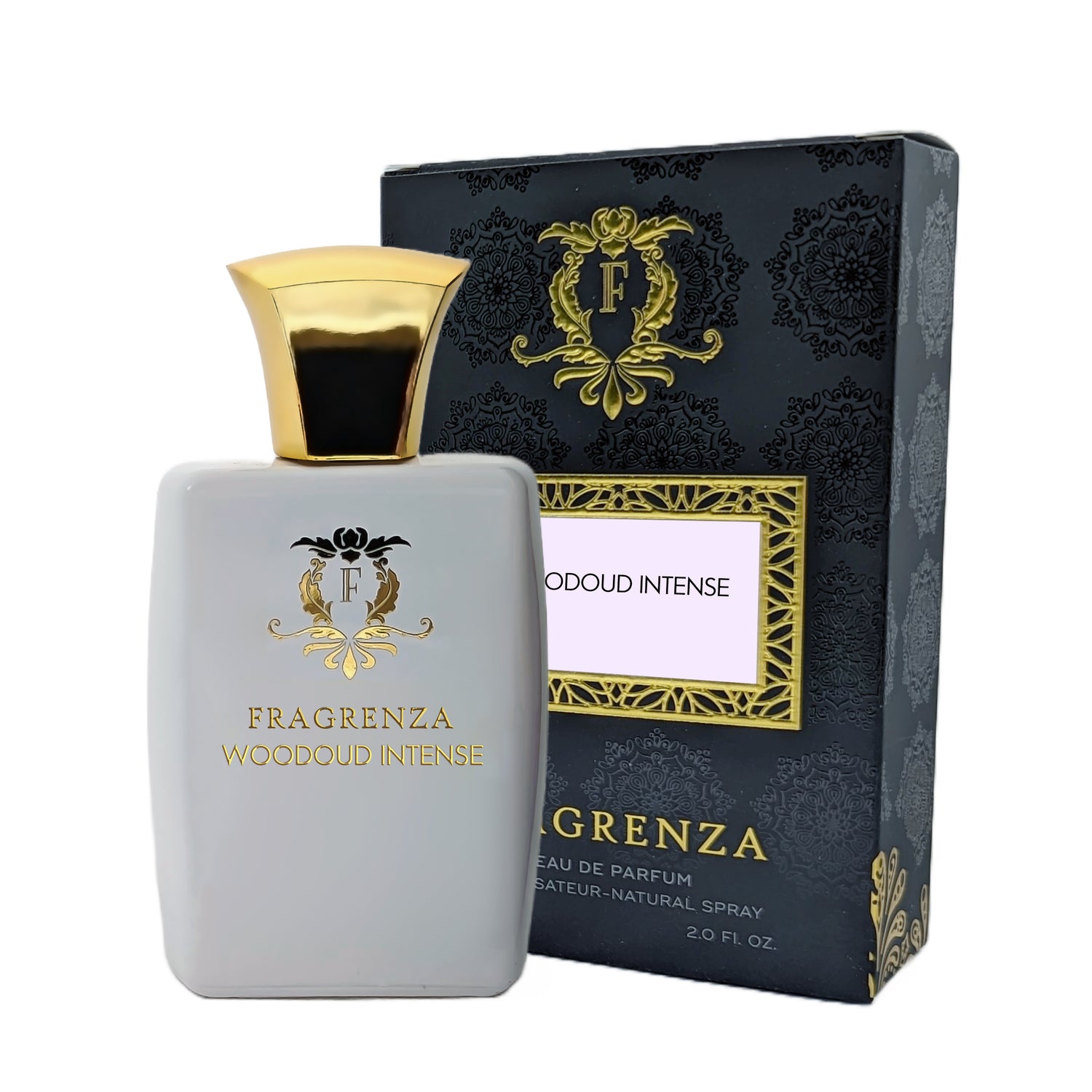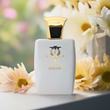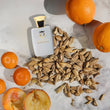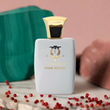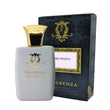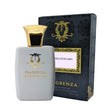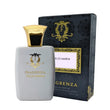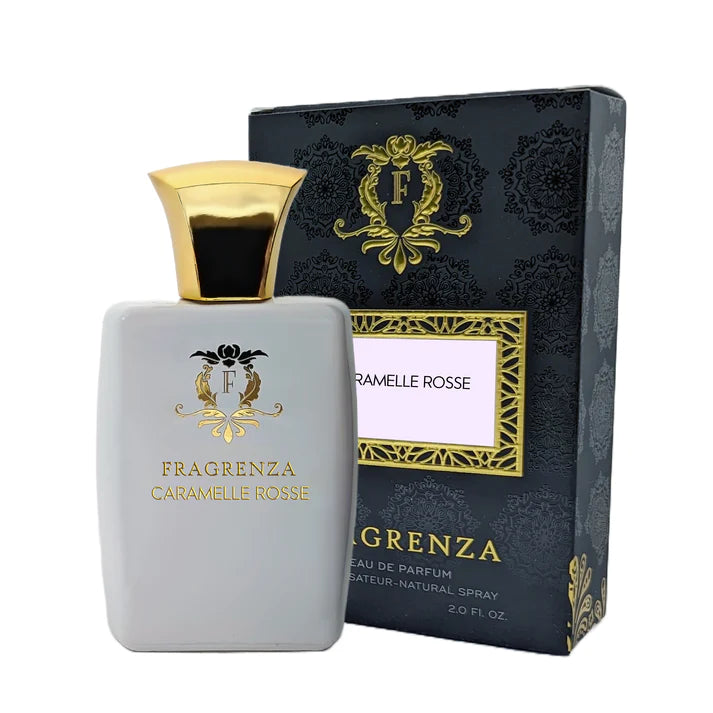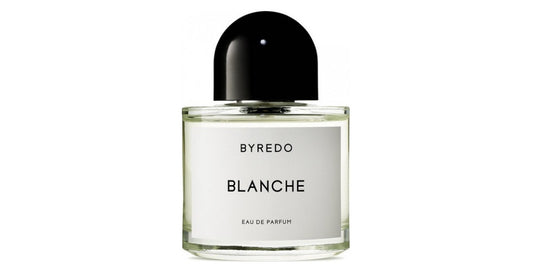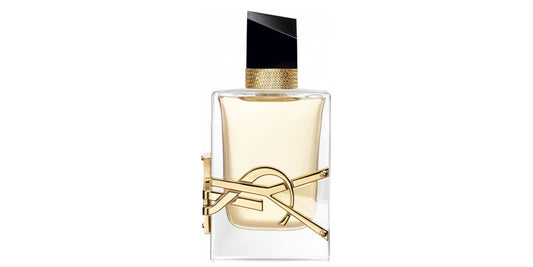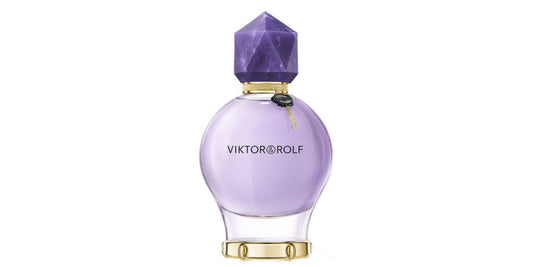Gaiac wood in perfumery
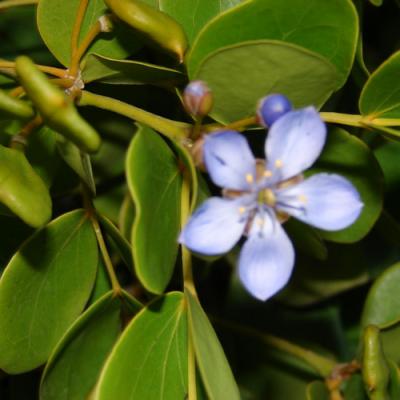
In This Article
The Recent Discovery of Guaiac Wood in Perfumery
Guaiac wood, derived from the small South American guaiac tree, means "wood of life" in Latin. This may be due to its status as one of the densest and most resilient woods globally. Long before its use in perfumery or for its medicinal properties, guaiac wood was utilized for constructing parts of boats, wooden toys, furniture, and even bowling balls!
In 1884, the resin obtained from guaiac wood bark was recognized for its anti-inflammatory, antioxidant, anti-rheumatic, and aphrodisiac properties. It wasn't until the emergence of woody perfumes in the 1960s that guaiac wood gained favor among major perfume houses for its chemical and olfactory properties. It is highly valued for its binding qualities between heart and base notes in woody, oriental, amber, and fern accords, as well as for its additional olfactory properties.
Guaiac Wood and the Phenomenal Rise of Woody Scents
Prior to the tremendous success of woody perfumes for men, guaiac wood was primarily used as a fixative, despite offering much more. Guaiac wood essence delivers smoky, woody, and slightly balsamic scents reminiscent of certain leather notes. Naturally, with the debut of Vetiver by Carven in 1957, guaiac wood became an essential component of men's woody perfumes, as its rounded fragrance complements and enhances the scents of vetiver, sandalwood, and cedar. As woody scents become classics for men, guaiac wood solidifies its place as a crucial raw material in woody fragrances.
It is important to note that guaiac wood is also employed by various other scent families. It pairs well with the amber notes of sandalwood or ambrette, as well as the gourmand notes of vanilla. Surprisingly, guaiac wood also creates perfect compositions with floral notes like champaca or palmarosa.
While its smoky and woody scents might suggest that guaiac wood belongs exclusively to the masculine woody family, this assumption is far from accurate. Firstly, because woody scents are increasingly popular among women who appreciate potent botanical scents and the smooth, deep essences of guaiac wood. Secondly, guaiac wood's remarkable stability and excellent blending with various olfactory notes make it one of the most widely used raw materials in perfumery today.
Fun Facts About Guaiac Wood
- Guaiac wood is so dense that it does not float in water, making it ideal for shipbuilding and heavy-duty furniture.
- Historically, guaiac wood resin was used to test for syphilis, as the resin would change color upon contact with the patient's blood if they had the disease.
- Due to its unique fragrance profile, guaiac wood is often used as a natural alternative to synthetic, smoky, or leather-like notes in perfumes.
- Guaiac wood's resin is also used as a flavoring agent in some food and beverages, imparting a unique, smoky taste.


